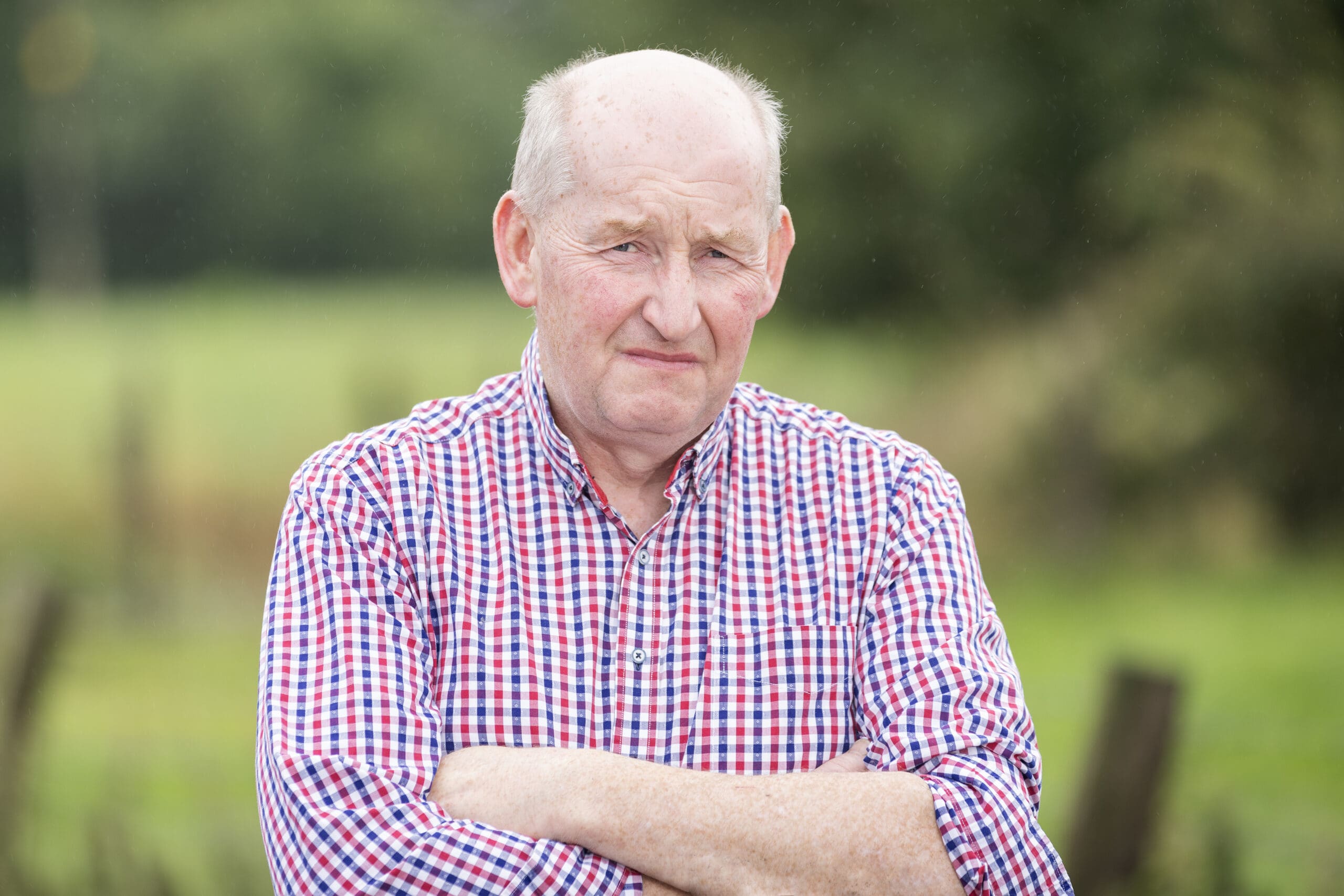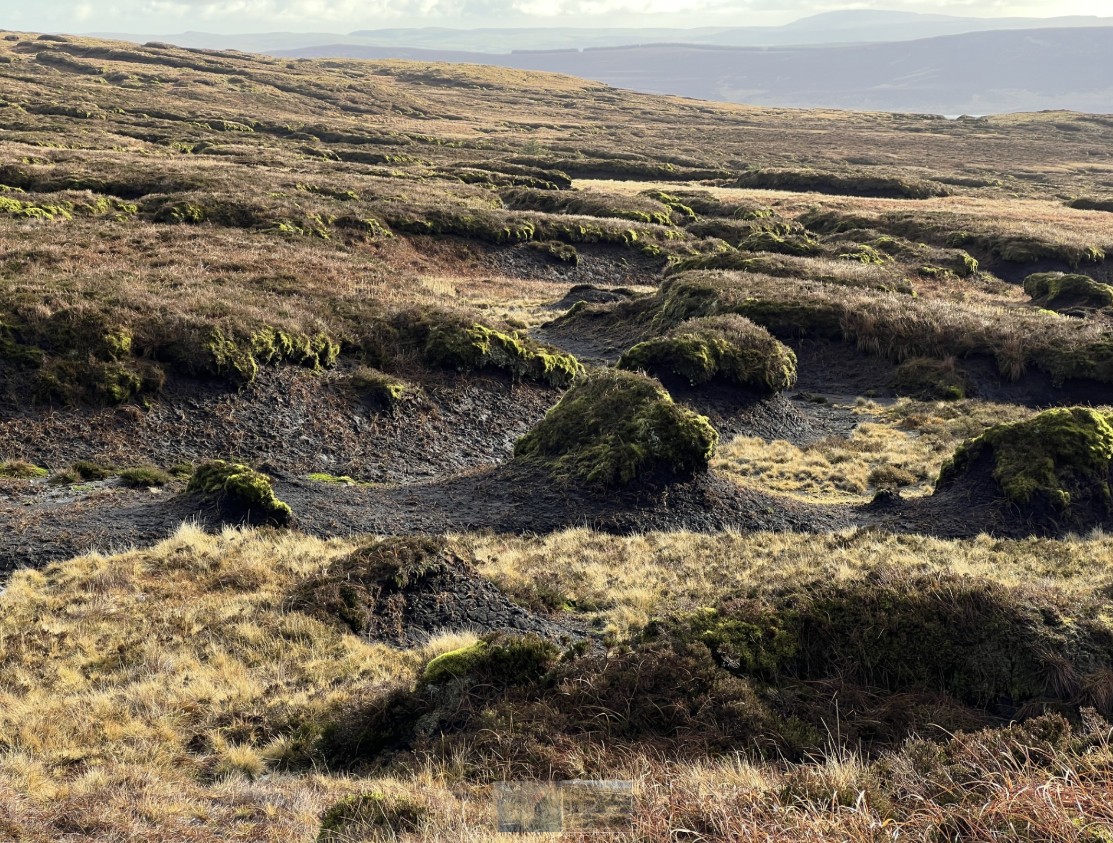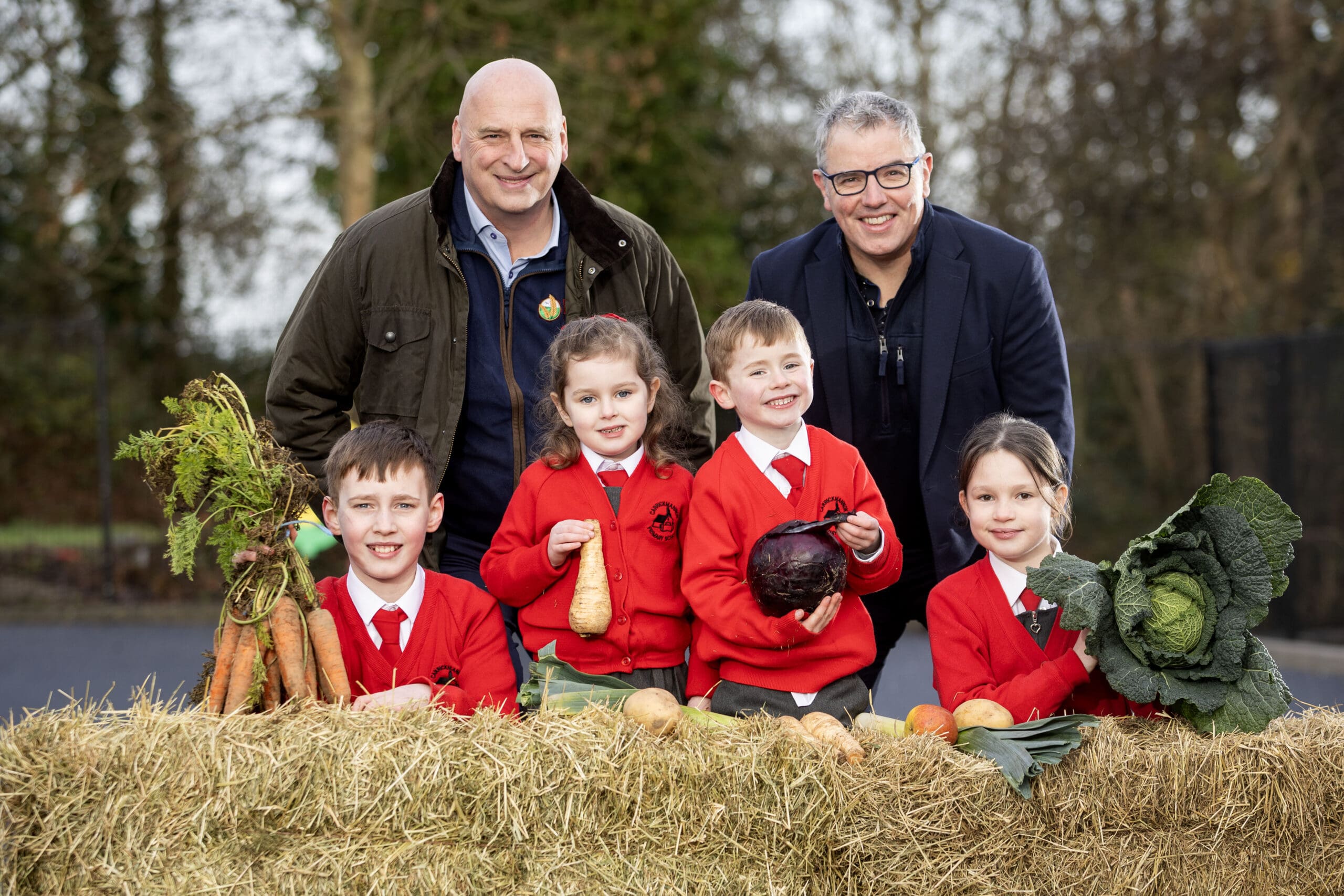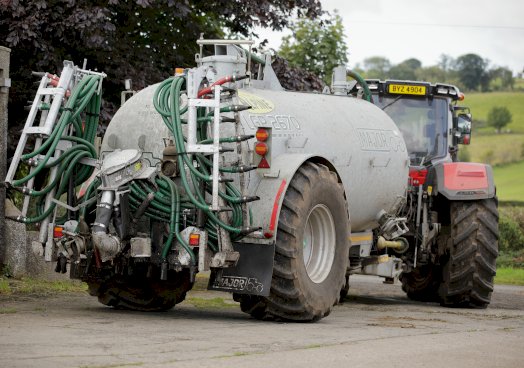
The Ulster Farmers’ Union has cautiously welcomed the first-ever Northern Ireland Peatland Strategy, noting the absence of any mention of farmers, livestock or rural communities in the Ministerial foreword and strategy.
Launched last week, the strategy vision is by 2040 to protect, restore and manage NI peatland habitats. Within the consultation it includes restricting the sale of peat products, a wildfire strategy and peatland register to help identify peatland areas in need of most support.
UFU deputy president Glenn Cuddy said, “We understand the need for a peatland strategy, however, it has completely overlooked the role of farmers in managing peatland soils. The strategy discusses ‘new knowledge and evidence’ transfer but fails to consider the generational expertise of farmers who have farmed these hills for centuries.
Farmers need to be allowed to manage the habitat in a way that works not only for the uplands, but also for their farm business.
The language within the strategy is unfair stating that ‘most of our peatlands have been degraded to some degree’ and many ‘are in poor condition’. The blame is placed on ‘turf cutting, drainage, grazing, burning and air pollution’.
“If a small percentage of peatland area is degraded the whole area can be classified as degraded. This is often assumed to be the fault of the farmer which is not always the case. The strategy fails to mention previous government policies that contributed to degraded peatlands. Also for example many farmers have neighboring conifer sites blowing seedlings into their land.
“It must be recognised that there are more wildfires in NI than controlled burning, a necessary tool for wildfire prevention and habitat management. We’ve been long calling for the introduction and implementation of ‘Wildfires in NI – A Strategic Framework’ which could have helped to prevent devastating wildfires in recent years.
“The strategy mentions ‘good green jobs’ but does not take into consideration how peatland restoration, if not carried out sensibly, could see a decline of farming jobs.”
UFU deputy president Glenn Cuddy commented it is imperative that DAERA do undertake a meaningful timely consultation regarding the ambitious transition timeline restricting retail sales of peat and peat products in horticulture by 2030.
“It is the UFUs understanding that our local and wider horticulture sector is not placed to phase out the use of peat by 2030 and that much research and industry confidence on alternative growing media is needed to protect the viability of local horticultural businesses,” said Mr Cuddy.
“Also within the strategy, no thorough consideration has been given to peat cutting, it’s heritage and how it would impact rural communities that use peat for fuel.”
In NI, the majority of peatlands are privately owned and any future legislation would devalue the land or have unintended consequences.
“The strategy discusses identifying and managing further protected sites. We’re against further designation of land due to land devaluing and further restrictions being put on farmers. The UFU is also greatly concerned that the strategy wants to conserve, restore and manage ‘peatland soils’ which could be highly productive land for agriculture and horticulture.
“The strategy also discusses land accessibility and the UFU is concerned this will lead to dog worrying, camping, littering and vehicles blocking access to gates.”
The UFU deputy president has expressed concerns around funding, advocating that the money should not be extracted from the Farm Sustainability budget or the Farming with Nature scheme.
“If farmers are expected to deliver a public good in the form of improving water quality, alleviating flooding, conserving biodiversity and producing food, it will require additional public money and this support needs to be long-term,” added Mr Cuddy.
DAERA aim to boost public awareness of peatlands and their role in ecosystem service provision but need the support of farmers.
“For this strategy to be successful, DAERA need buy in from the main stakeholder, our farmers. They need to be treated as equal and for their expertise and contribution to be valued, and should a peatland strategy steering group be established, the UFU need a seat at the table,” said Mr Cuddy.




